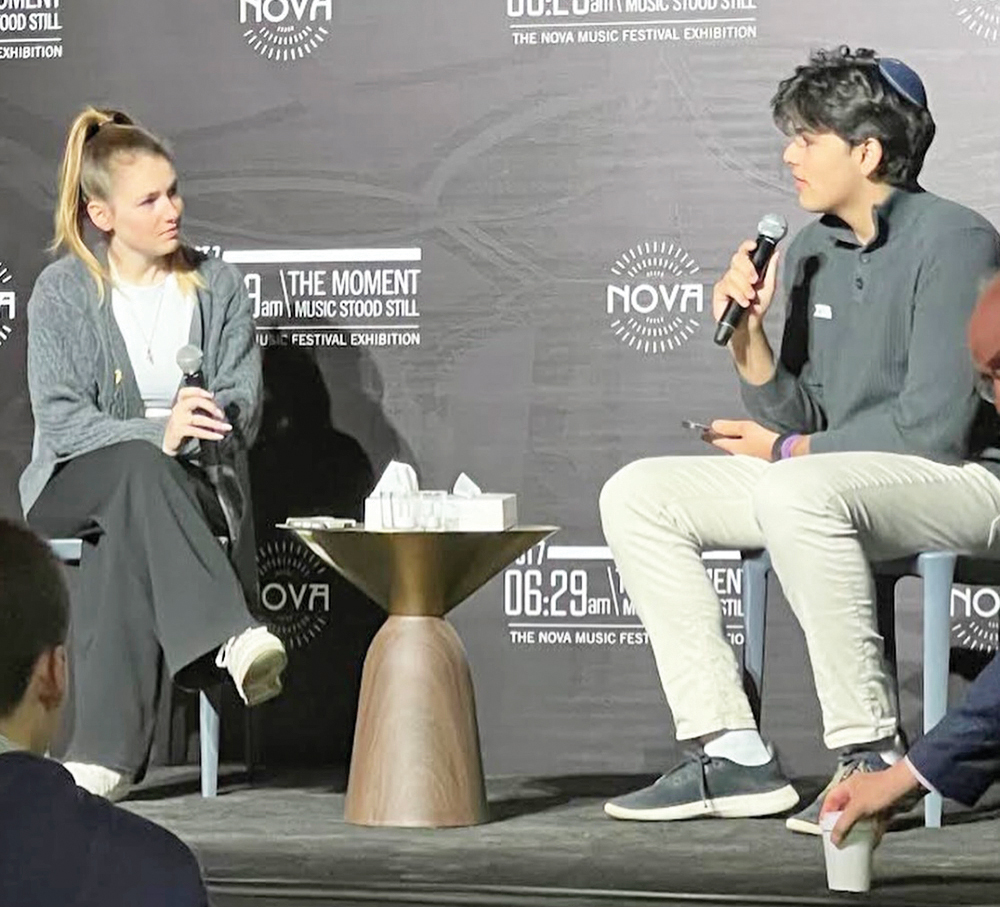Englewood—With the Moriah School of Englewood approaching its 50th birthday, the Board of Trustees was faced with the challenge of finding a new Head of School to replace the retiring Dr. Elliot Prager. Last week, the Board announced that Rabbi Daniel Alter, Head of School at the Denver (CO) Academy of Torah (DAT), will take the helm for the school year beginning September 2015. “Rabbi Alter shares our vision of helping Moriah continue on the path of excellence. He understands the challenges of affordability and new technology, and is aligned with the Orthodoxy of our school,” Board president Evan Sohn told JLBC. Rabbi Alter will spend this year visiting Moriah monthly to begin charting a course that will take the school confidently into its next 50 years.
From 1999-2006, Rabbi Alter led the East Denver Orthodox Synagogue and then switched to a satellite minyan that was forming in the day school. “The shul was taking off, attracting new young families, but the school was struggling,” he said. “There was a new head of school every two or three years; there was no stability.” Rabbi Alter accepted the position as interim head of school for one year, but it turned into four years. He decided to stay on long term. The high school, which he introduced in 2010, just graduated its first class.
“I began to recognize the role day schools play in Jewish identity,” Rabbi Alter said. “The success or failure of day schools will mean the success or failure of Modern Orthodoxy.” His challenge in Denver was to create a community. “We knew we had to do kiruv, encourage families to become more observant, or attract new ones. Now we have both. There are advantages to being a school/shul combination – it gives us synergies.”
As Head of School, Rabbi Alter had to decide what the educational program would look like. Giving students the right skills became an overarching goal. “Mastery leads to enjoyment,” Rabbi Alter said. “In secular subjects, the administration looks for the best teachers. But in Judaics, the goal shifts dramatically; there is less focus on skill building. But at the end of the day, the students have to learn. If you can’t open a Chumash, you can’t enjoy it.”
DAT has been growing at 10 percent a year, Rabbi Alter said. “The High School and the Elementary School are thriving. “We developed a strong administration team and have strong lay leaders. We have the right teachers, backed by professional development and a vision—so that all the teachers are on the same page with the same purpose. We have aligned the curriculum and technology, and developed a culture of working together.”
Rabbi Alter wasn’t seeking out new opportunities, but this one knocked at his door. YU contacted him about the position at Moriah and asked if he was interested. “I wasn’t sure, but I was open to discussion,” he said. “Both my family and my wife’s family are on the east coast. I was familiar with Englewood, but not Moriah. I was impressed with the people leading the search. I became excited about the strength of leadership in the community and the opportunity to work with high caliber people.”
Rabbi Alter said he will spend the next year examining all aspects of school life. “We have the luxury of a long transition—a year and three months. Dr. Prager, a fabulous principal, is staying on. I will be involved in listening, thinking, planning and branding for the next stage.”
Introducing and implementing new technology will be one of Rabbi Alter’s primary responsibilities. “The world our kids live in will look different; they must be prepared,” Rabbi Alter said. Moriah is one of five schools to receive a BOLD grant to move the process forward; DAT is also a grant recipient. BOLD is an acronym for Blending Online Learning in Day Schools, a grant program from the Affordable Jewish Education Project (AJE), The AVI CHAI Foundation (AC), and the Kohelet Foundation.
“Every teacher struggles with individualized learning. With 18 kids, how do you give each individual attention?” Rabbi Alter asked. “With technology, you can have the best teacher in front, on video, and then have teachers working with small groups in class. When students work on computers, the computer can instantly assess each student’s strengths and learning styles, based on data and then give five-seven options on how to teach the next lesson. That can’t be done in a traditional class.”
From a technical viewpoint, new advances will be easier to implement. “A few years ago, a tech had to go to each computer to install a new program. DAT bought a cloud based server that works on the internet. Instead of buying a program, you buy a license. The company administers the technology. The tech just has to connect it.”
The school introduced an online math program that students could adjust to their own pace. “In the old system, advanced students would have to wait for everyone to catch up. Now they can move ahead.”
The affordability challenge is one Rabbi Alter is well acquainted with and looking forward to tackling at Moriah. “Establishing an Endowment, legacy giving, is an area that hasn’t been tapped at Moriah. DAT has a five to six million dollar endowment and that is a significant payout.” He also thinks there is potential in New Jersey to look for state funding possibilities.
Rabbi Alter will be focused on how to make a good school even better. “One of Moriah’s greatest strengths is its strong education base. Now, how do we improve…?”
By Bracha Schwartz













